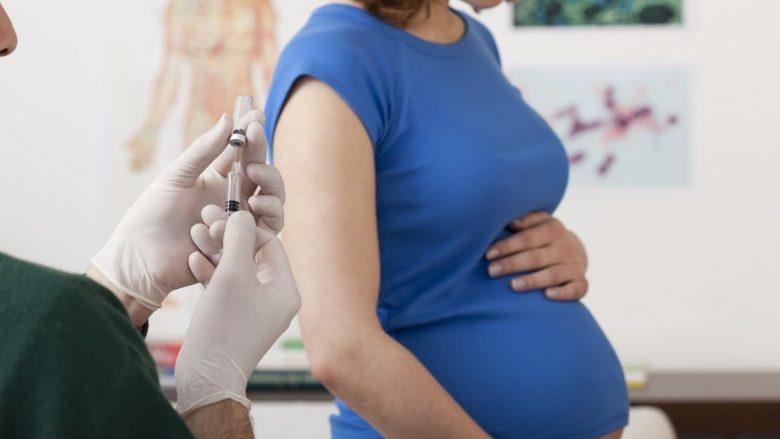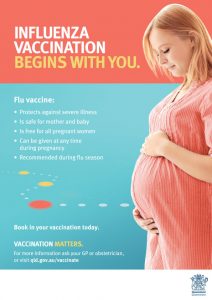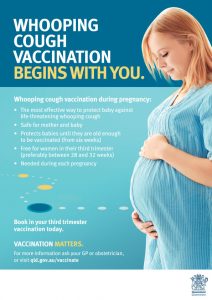Vaccination and pregnancy
Why is vaccination before and during pregnancy important?
Whether we talk about immunisation before or during pregnancy, women should be advised about the benefits and the risks of vaccines. Many women consider getting vaccinated after a recommendation from their healthcare provider, studies have shown.
Before planning a child, every woman should be up to date with their vaccination scheme in order to prevent her from taking a virus. Meanwhile, vaccination during the pregnancy should be taken into consideration for the well-being of the child and the mother in the same time. Immunisation during pregnancy protects them from infectious diseases.
Women are advised to immunise themselves again influenza during every pregnancy.
Who should receive immunisation?
- * Women who are planning to have a baby and haven’t been immunised against: chickenpox, measles, mumps, rubella, diphtheria, tetanus;
- * People living in the same house with the pregnant woman;
- * Pregnant women in the first trimester of their pregnancy.
What vaccines are recommended?
If you are planning a child in the near future, you have to check if the following vaccines have been given to you: hepatitis B, measles, mumps, rubella and varicella. A simple blood test is the easiest way to find if one of these hasn’t been made.
If you haven’t received one of these immunisation medicines, you should go to your healthcare provider and ask for it.
However, you have to pay attention because it is required to wait for at least a month until you get pregnant.
Vaccines recommended before pregnancy: chickenpox, influenza, measles, mumps, rubella, diphtheria, tetanus and whooping cough.
Vaccines recommended during pregnancy: seasonal influenza vaccine, adult pertussis dTpa vaccine (whooping cough), tetanus and diphtheria.
Vaccines recommended after pregnancy (for the child): diphtheria, tetanus, whooping cough, polio, Haemophilus influenzae type b (Hib), hepatitis B, rotavirus and pneumococcal disease.
How do these vaccines help the mother and the child?
Both the mother and her child will be protected against heaps of infectious diseases if the vaccination status is up to date.
For example, the seasonal influenza vaccine reduces the child’s post-natal risks of developing this illness in the first few months. The immunisation can be made during any trimester of the pregnancy, though it is recommended to receive it in the last one for its effectiveness.
Pertussis is mostly lethal through children aged less than 3 months. Considering the fact that the first dose of the vaccine can only be received then, the mother should have antibodies for this illness in her body during pregnancy. This is achievable only through immunisation. Then, the baby receives the mother’s antibodies via placenta, studies showing that their effectiveness is more than 90% in the first months of life.
Which are the risks if you don’t receive immunisation?
Infectious diseases can harm both the mother and the baby. Rubella and chickenpox can damage the child’s brain, heart and sight, while measles and mumps can lead to a higher risk of miscarriage or premature birth. Influenza, if contracted, can be lethal for the child and the mother, too. Pertussis (whooping cough) leads to developing higher risks of pneumonia, seizures, encephalopathy.
What should you avoid?
The following vaccines have a speculative risk if administrated during pregnancy: tuberculosis, oral typhoid, Japanese encephalitis, MMR (measles-mumps-rubella), MMRV (measles-mumps-rubella-varicella), rotavirus, varicella against chickenpox, zoster against shingles.
During pregnancy, you have to avoid crowded places and, if anyone contaminated or not immunised is in the house, you should keep the distance and advice him/her to have the vaccine.
Or read about Immunisation in general on our Immunisation page.



